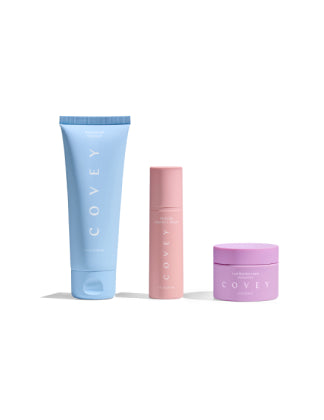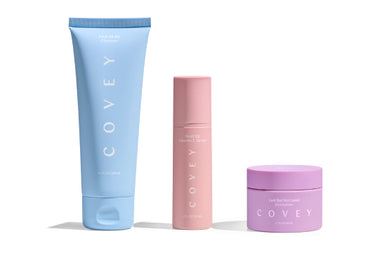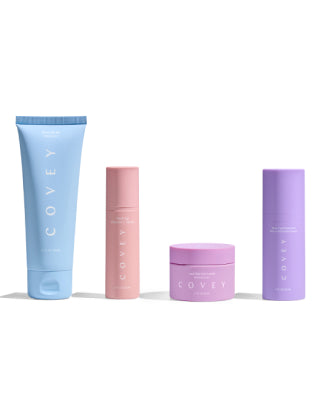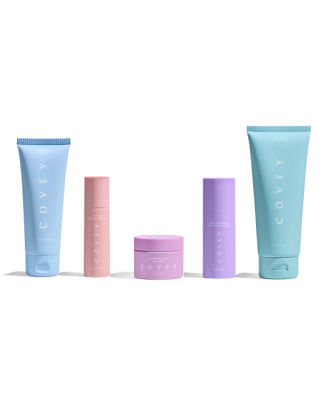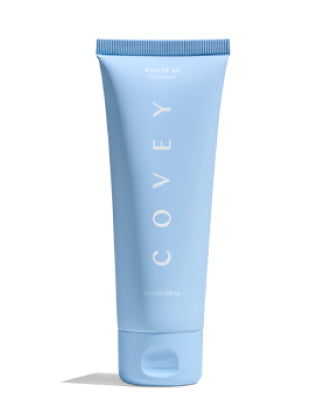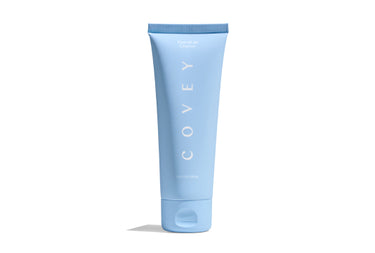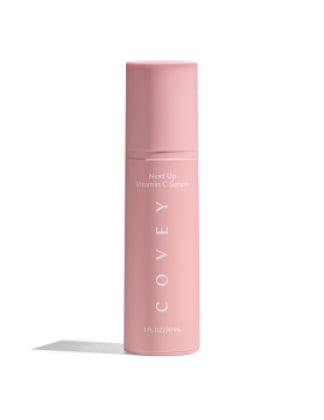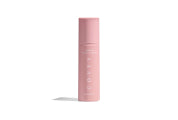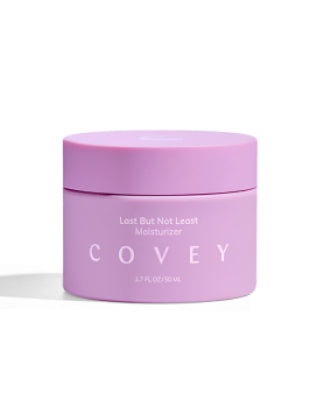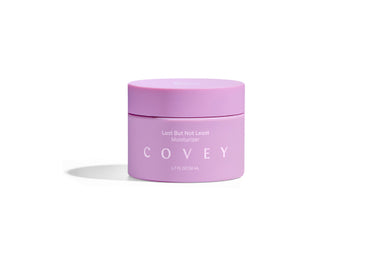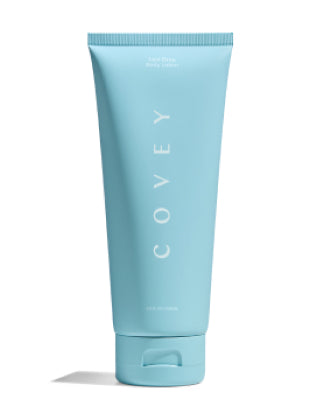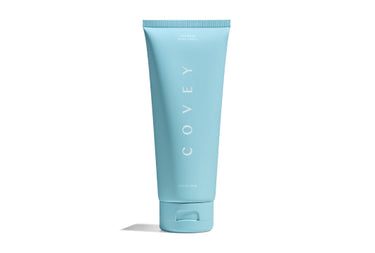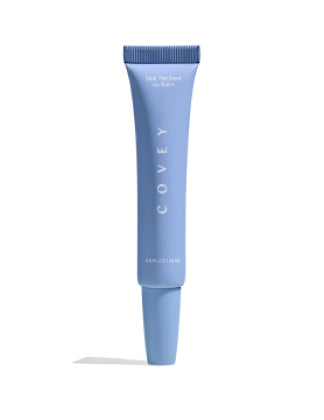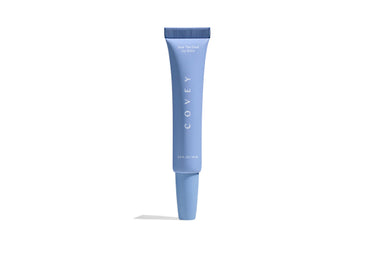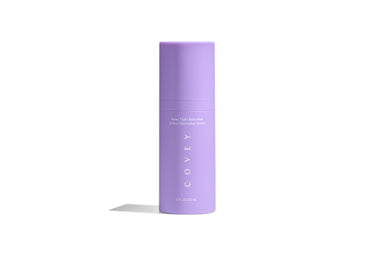
Summer Sunscreen 101
Summer is almost here, and you know what that means…beach days, park picnics, rooftop hangs, and, of course, slathering on copious amounts of sunscreen to protect our skin, besties!
Gone are the days of baby oil tanning and unprotected sun fun. These days, there’s a true movement toward skin health — whether that’s skin minimalism to keep your barrier happy or wearing sunscreen daily to prevent sun spots, cancer, and early aging.
Here’s your primer on all things sunscreen (before those heat waves hit!)
Should You Wear Sunscreen Everyday?
The simple answer here is: yes!
No matter your skin concern, it’s important to wear sunscreen daily and reapply every two hours if you’re outside. (Also yes, even in winter AND even if you’re indoors beside a window. UVA and UVB rays are powerful!)
Derms recommend wearing at least an SPF 30 for daily use, and any time you’re getting copious amounts of sun, opt for SPF 50 or 60. Plus, daily sunscreen use is easier than ever because there are tons of options for creams, balms, gels, sunscreen sticks, and sprays for all types of skin. Dealer’s choice!
@charlotteparler Greasy girl summer 🫠 link in bio w/discount codes for all my favs (+tagging brands in comments) #skincare #skincaretik#sunscreen #spf ♬ original sound - Valeria Torres
Benefits of Wearing Sunscreen Everyday
Wearing sunscreen daily on your face (and body!) has tons of benefits for skin, like:
- Ongoing protection from UVA and UVB rays, which can cause significant damage to skin — whether that’s sun spots, painful sunburns, skin cancer, or wrinkles
- If you have hyperpigmentation or dark spots, wearing sunscreen religiously can help fade them more quickly
- Can help prevent premature aging
- If you’re using actives or chemical exfoliants in your routine (think retinol, AHAs, BHAs that promote skin cell turnover) wearing sunscreen is crucial. These products make your skin more sensitive to UV rays, so it’s important to lather up to prevent dark spots and sensitivity
Sunscreen Tips
There’s a lot of info out there about sunscreen, so it can be confusing to know if you’re making the right choices. Here are a few crucial sunscreen tips before you buy your next tub of SPF 1000+.
- Don’t forget to protect your ears, lips, and décolletage (neck and chest!)
- Most people aren’t applying enough sunscreen to their face everyday. The American Academy of Dermatologists recommends 1 ounce (“enough to fill a shot glass” to cover the entire body
- Avoid tanning and tanning beds. Even one bad sunburn can cause serious sun damage
- Don’t forget about protective clothing! Opt for hats, long-sleeve tees, and sunglasses with UV protection
- If you’re going outside for a while, reapply sunscreen every two hours (more if you’re coming in and out of water). Set a timer on your phone!
Mineral Sunscreen vs. Chemical
This is a hot topic in the world of sunscreen TikTok and Instagram. How do you know which type of sunscreen is right for you? Well, there are two main formulations and they each have pros and cons.
Mineral Sunscreen
Mineral sunscreens (also called "physical" sunscreens) have two active ingredients — zinc oxide and titanium dioxide — which bounce UV rays off the skin so that the rays don't penetrate your skin cells. Mineral sunscreens also tend to be preferred by sensitive skin, particularly because zinc oxide is anti-inflammatory.
The cons of mineral sunscreen? Zinc oxide is known for its chalkiness and typically accompanies a thicker textured product. These might cause white casts or be less ideal for darker skin tones, who'd have to seriously rub in the product.
Chemical Sunscreen
Chemical sunscreen absorbs UV rays and transform them into heat. The main pro of using chemical sunscreens is that they are lighter weight than their mineral counterparts — leading to less white cast and a thinner formula that's more like a moisturizer.
For those who hate rubbing in sunscreen for minutes on end, you might want to start with a chemical sunscreen and "date" a few mineral ones until you find the formulations that feel good to you.
Ultimately, derms vote that the sunscreen you'll use every day without fail — whether mineral or chemical — is the right one.
Curious about your skincare transition from summer to fall? Bookmark our guide!


